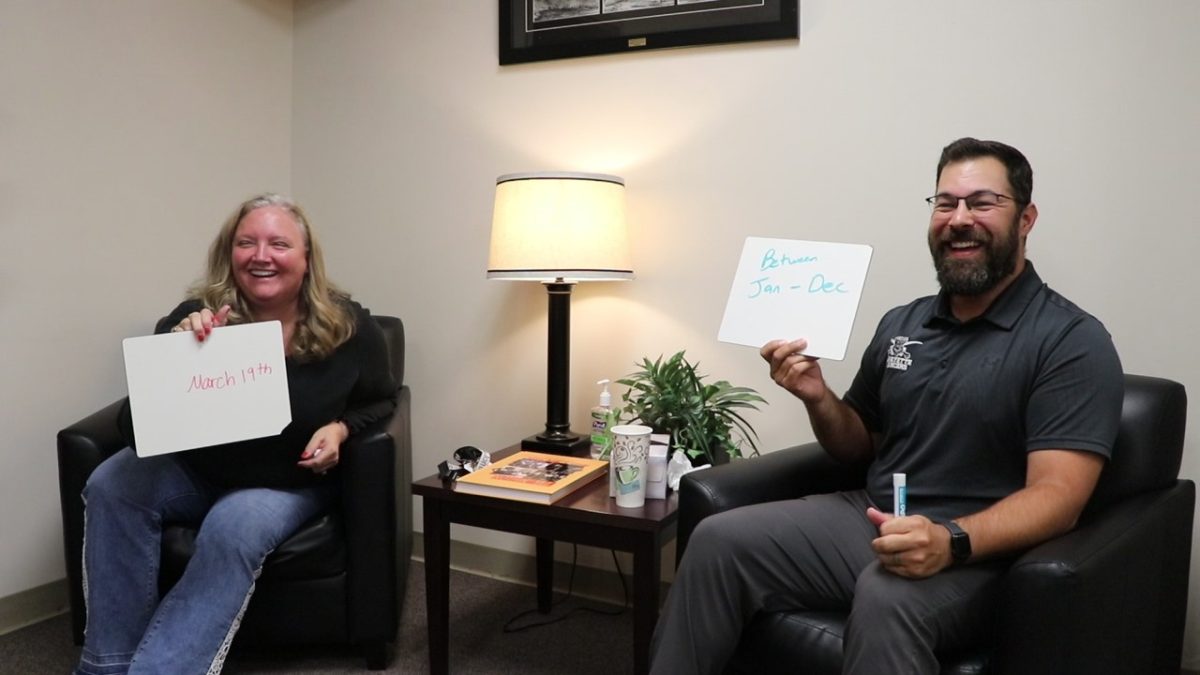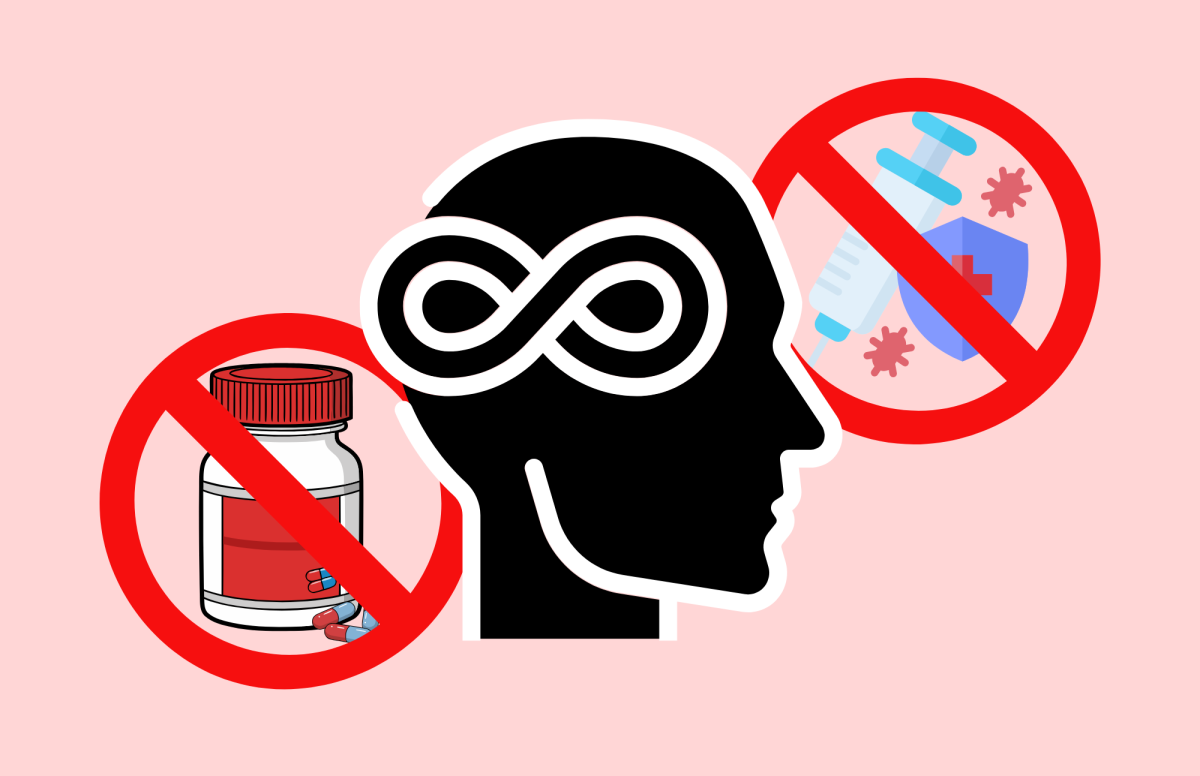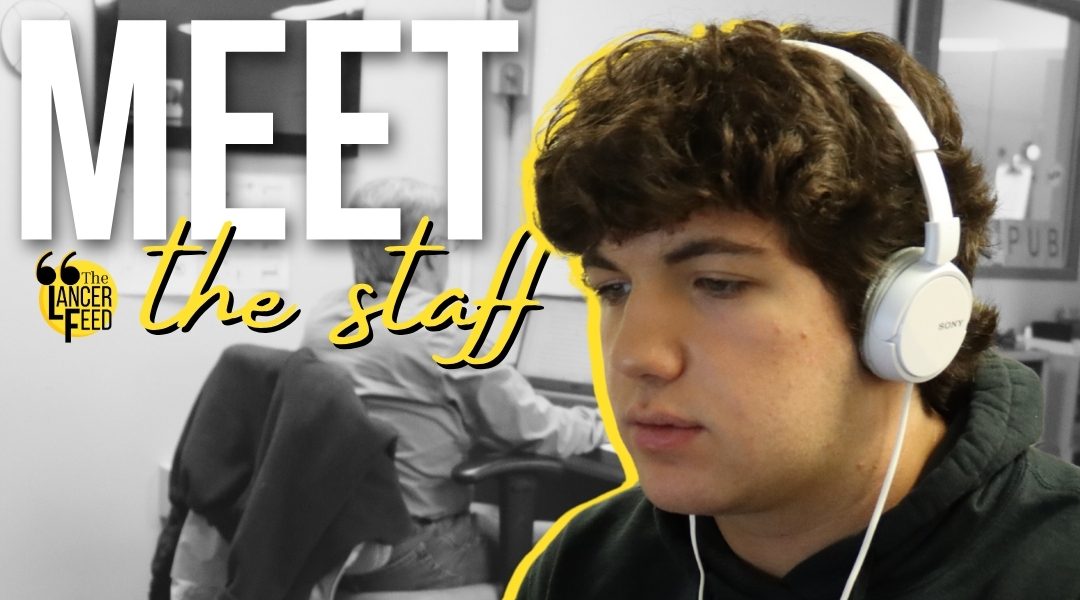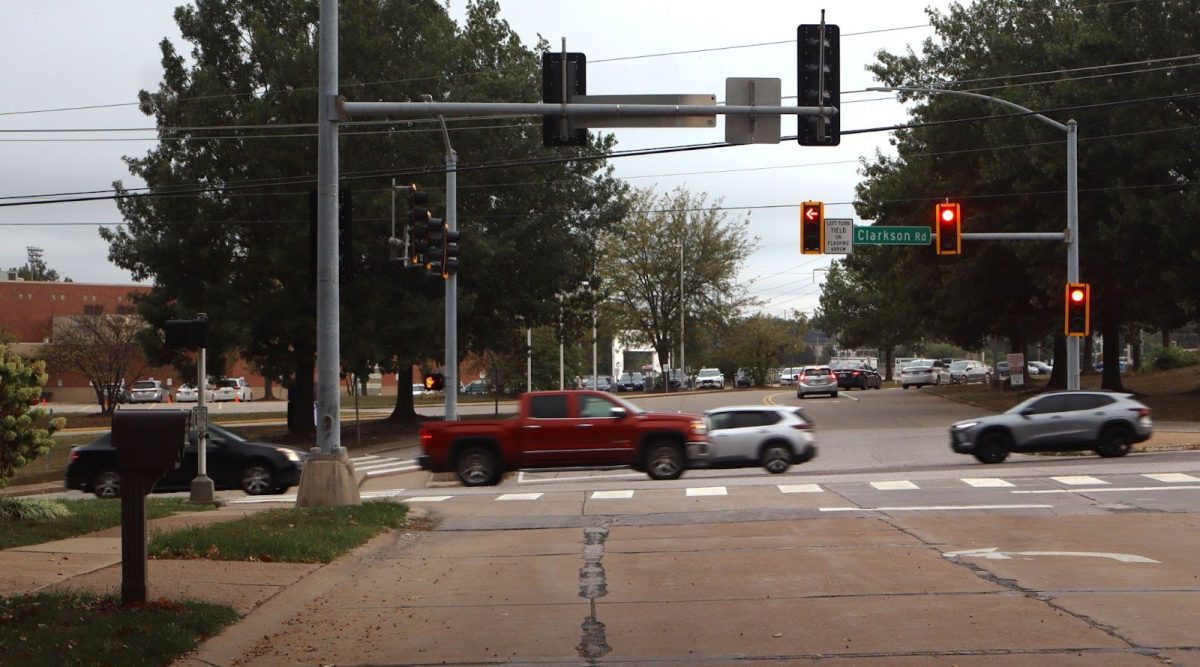Before COVID-19, Lafayette’s attendance center received 80 absentee calls per day; now, the secretary’s inbox is flooded with around 140. In the Rockwood School District, a student who misses 17 days of the school year is considered chronically absent (10% of total school days). At Lafayette, approximately 10% of the student body fits this criteria, which equates to 167 students.
As outlined on page 19 of the Lancer Handbook, absences are excused in the event of death in the student’s immediate family, illness, medical appointments, religious observances, court appearances, or vacation of up to five days. Additionally, Missouri House Bill 728, passed in 2023, requires schools to excuse absences for mental health appointments.
Mental health is as significant a cause of chronic absenteeism as physical issues.
Known as “emotionally-based school avoidance” (EBSA), a student’s anxiety can prevent them

from going to school. Unlike truancy, in which students skip class without a justifiable cause, school avoidance typically involves an anxiety-related disorder which presents a justifiable reason to miss class.
COVID worsened EBSA symptoms as quarantine offered an escape from the discomfort of going to school. A study on Finnish students from 2013 to 2021 found that high-level social anxiety symptoms increased “among males 14% to 21%,” and “among females 24–47% during the study time span.” MD Anderson suggests the coronavirus outbreak increased the tendency of socially-anxious individuals to self-isolate.
The American Medical Association (AMA) found that schools that primarily used virtual learning during the 2020-21 school year had higher rates of chronic absenteeism in the following year. This could be due to the availability of online resources post-COVID. Absent students can now access class materials online, rather than retrieving missing classwork in person.
Parents may also be contributing to chronic absenteeism. A poll conducted by Ipsos, a multinational data supplier, found that some parents are more willing to let their child skip school following COVID. Along with a general decreased sense of importance regarding attendance post-pandemic, this could be due to the perception that missing content can simply be completed online.
As reported by Dr. Courtney Vahle of the PRIME (Policy Research In Missouri Education) Center at Saint Louis, chronic absenteeism is “a statewide problem, [as] 499 districts in the state have experienced a rise in absenteeism post covid,” equating to 91% of districts. A recent study from PRIME furthers this point, finding that over 1 in 5 Missouri public school students were chronically absent during the 2023-24 school year. The same study found that Rockwood experienced an 82.8% attendance rate in the 2023-24 school year, meaning 17.2% of the district was chronically absent.
Chronic absenteeism significantly harms a student’s success.
The AMA reported an association between skipping class and “lower test scores, a reduction in educational and social engagement, lower rates of high school completion, and higher rates of substance use.” Furthering this, the U.S. Department of Education claims chronically absent students are four times more likely to drop out of high school.
Outside of academic difficulties, chronic absenteeism has significant consequences regarding participation in interscholastic activities. According to page 12 of the Lafayette Activities and Athletics Handbook, “if a student misses class(es) without being excused by the principal, the student should not be considered eligible on that date” and will be ineligible to participate in sports and activities on subsequent dates until they attend a full day of classes.
Chronically absent students are also ineligible for financial aid offered by the A+ Scholarship Program, per page 8 of the A+ Handbook, which requires 95% attendance. Chronic absenteeism presents further challenges for students enrolled in the Rockwood Gifted Program, which allows just three unexcused absences before withdrawal is considered.
In this way, skipping class can create a self-perpetuating cycle of anxiety. Chronically absent students may become more stressed out by the missed opportunities and subsequently less motivated to attend school.
Chronically missing school has lifelong consequences. A meta-analytic review by the National Library of Medicine (NLM) describes the association between chronic absenteeism and “risky sexual behavior, teenage pregnancy, psychiatric disorders, externalizing behavior, delinquency, and the abuse of alcohol, tobacco, marijuana, and other substances.” In another article, the NLM describes chronic absenteeism as a “significant [predictor] of involvement in the juvenile justice system.” Its connection with life-course problems makes rising chronic absenteeism a major concern for society.
The Missouri Option Program (MO-OP) offers an alternative route to graduation for high schoolers who are at least 17 years old and is helpful for students at risk of dropping out as a result of their attendance. Students interested in the MO-OP meet with Lafayette’s Student Restore Program teacher, Ms. Ralph, to discuss.
For students unable to attend school for over two weeks due to medical reasons, Rockwood provides homebound instruction. However, homebound services are designed to help students with health concerns return to school as soon as possible and may not be suitable for a chronically absent student.
The epidemic of chronic absenteeism can be addressed through mental health support and district-based intervention teams. The School Avoidance Alliance provides resources for parents and educators to get kids back in school. Support Services for Education offers a guide for students with EBSA to recognize negative thinking patterns and not succumb to avoidance behaviors. Ultimately, by connecting students, administrators and parents, chronic absenteeism can be solved.













































